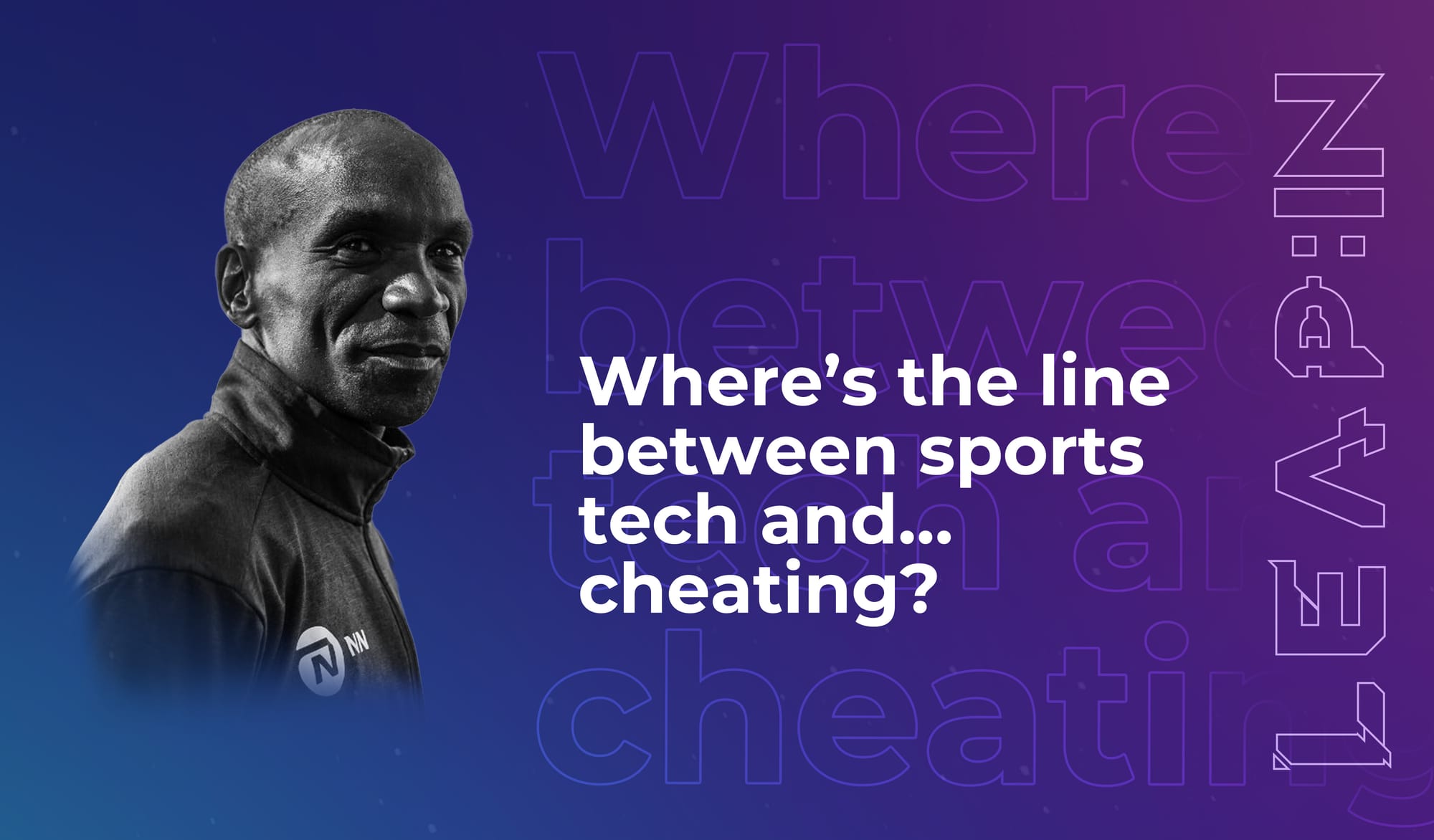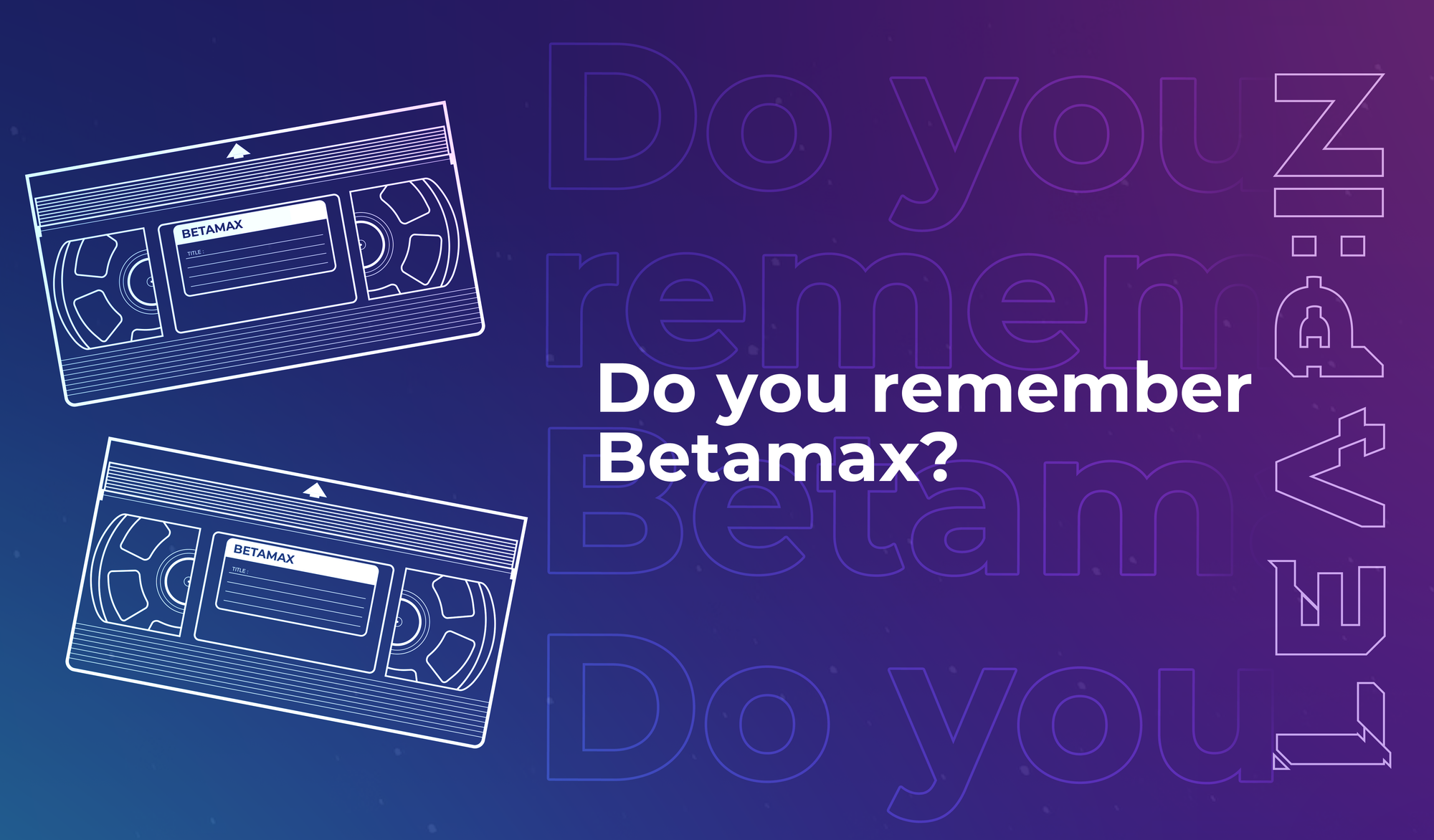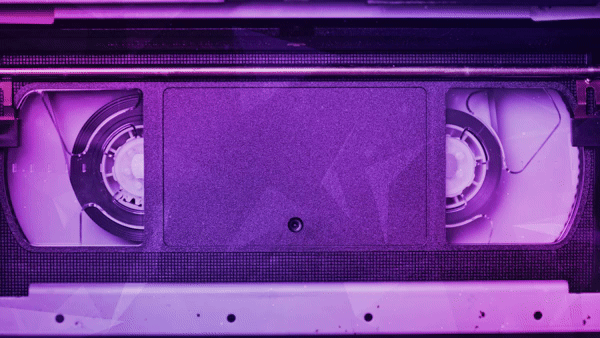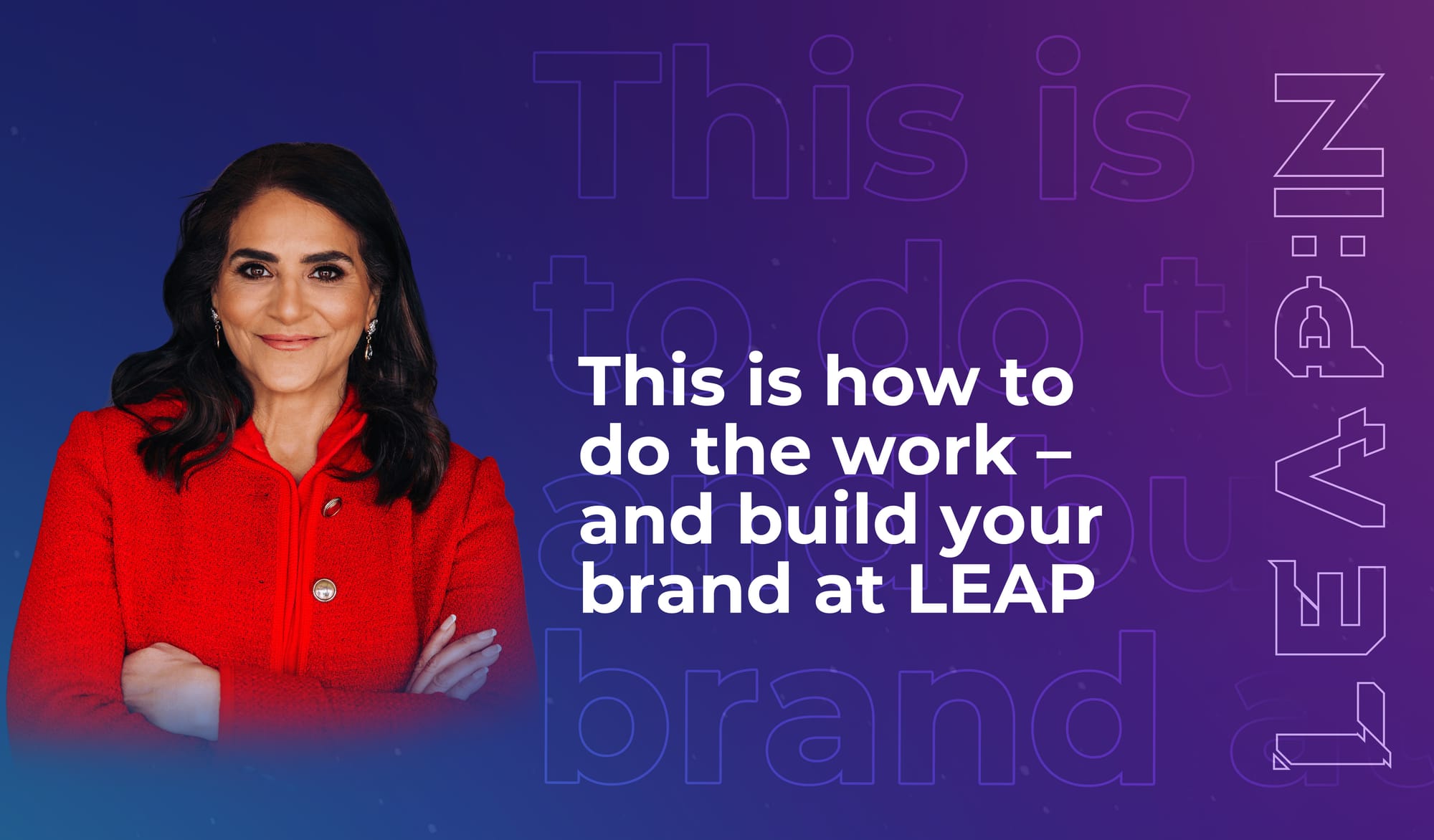

Do you remember Betamax?

Welcome to the 41 new techies who have joined us.
If you haven’t already, subscribe and join our community in receiving weekly tech insights, updates, and interviews with industry experts straight to your inbox.
Open your mind and change your perspective with our weekly delivery of inspiration from the global LEAP community.
This week we’re quoting…
Steven Bartlett (Entrepreneur, Investor, Podcaster)
What Bartlett said:
“I accept that uncertainty is a state of being we’ll always be in.”
Is tech always uncertain?
Bartlett said this at LEAP 2023, when he stepped onto the keynote stage to talk about the power of failing fast (among other things). Adapting fast is essential in tech – but sometimes things go wrong.
And when we think about things going wrong, we can’t help but think of Betamax.
Do you remember it?
If you’re under 35, probably not – but at one point, it was the hottest piece of tech in the living room.
Launched by Sony in 1975, Betamax was the original home video format, promising to revolutionise how people watched television. It offered great video quality and was, everyone thought, ahead of its time.
So why did it vanish into the archives of history while VHS – a technically inferior format – went on to dominate the market?
It’s a cautionary tale every startup, founder, and product team should pay attention to. Because the downfall of Betamax wasn’t about technology. It was about strategy, timing, and understanding the customer.
Being the best isn’t always enough
The most obvious takeaway from the Betamax saga is this: better tech doesn’t guarantee success.
Sony’s Betamax had clearer picture quality, better sound, and a more compact tape design. But what VHS had was…longer recording time. And when it came to recording sports games, films, or entire soap opera marathons, consumers overwhelmingly chose longer playback over marginally better quality.
It’s not just about being better. It’s about being better for the customer. Your features might be slick, your UX elegant, your backend architecture flawless. But if you’re not solving the problem the user actually cares about, someone else will – and they’ll win.

Timing, ecosystems, and open doors
Betamax was also a classic case of a closed ecosystem. Sony wanted to control the hardware, the format, and the licensing. You might think of it like Apple before Apple – but with less of the ecosystem to back it up.
And JVC, the creators of VHS, did the opposite. They licensed VHS to any manufacturer that wanted it, flooding the market with cheaper, more widely available players.
As a result, VHS grew fast; with more content, lower prices, and greater reach. By the time Sony opened up Betamax to other companies it was too late – the VHS ship was sailing into everyone’s living room.
We think it’s a lesson worth remembering. Especially in fast-moving sectors like AI, fintech or crypto, speed and openness can be more valuable than perfection. Collaboration, community, and accessibility build momentum and enable growth that even the best walled garden can’t replicate.
And marketing matters…a lot
Betamix didn’t tell its story well enough. Its makers banked on their belief that customers would care about image quality more than anything else – so as the higher quality product, it would naturally rise to the top.
Meanwhile, VHS leaned into the practical benefits it could offer people. More recording time, cheaper machines, a wider selection of videos at rental shops.
How often have you seen a brilliant piece of tech stumble in the market because the messaging doesn’t land? In a crowded market, storytelling is survival. People don’t buy specs, they buy outcomes. And they buy the story you tell about how your product fits into their life.
Could Betamax have failed faster?
It’s hard to say. Maybe if the team at Sony had made a proactive decision to pivot and change their messaging (or their product) early, Betamax could have done better.
But those decisions weren’t made. And then the moment had passed.
It’s good to have conviction and to believe in your tech. But as Bartlett said, you’ve also got to be ready to adapt in an uncertain world. Markets shift, user needs change, and competitors outmanoeuvre you. The most successful brands are constantly adapting; not necessarily because they failed, but because they kept listening and solving the problems in front of them.
Do you see yourself in the Betamax mirror?
The tale of Betamax vs. VHS is one to remember. Because the next Betamax could be a beautifully engineered product sitting unused on a server, or a startup that never got off the ground because it just wouldn’t budge on its perfect product.
Tech moves too fast to rely on superiority alone. You have to look outwards and figure out what your customers actually care about.
Have an idea for a topic you'd like us to cover? We're eager to hear it. Drop us a message and share your thoughts.
Catch you next week,
The LEAP Team





